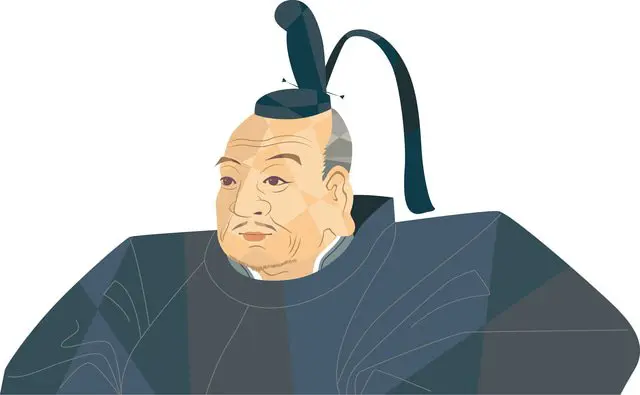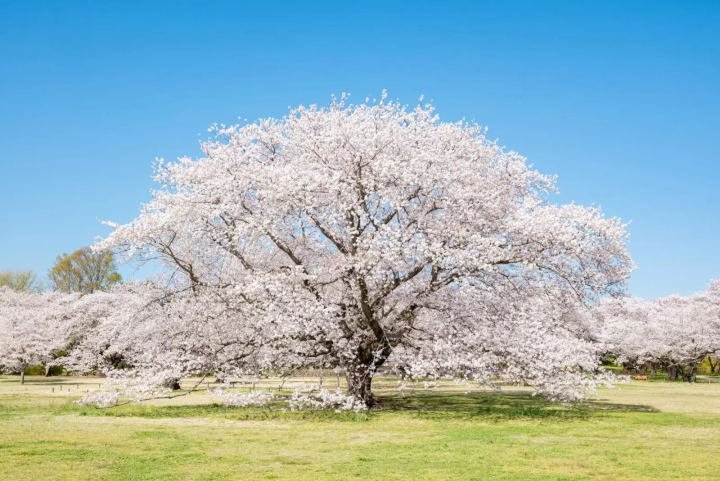Shogun (Military General) - Japanese Encyclopedia

Learn about the history and cultural impact of Japan's historical commander-in-chief, the shogun! Our Japanese Encyclopedia series explores Japanese language and culture for overseas visitors.
The term shogun was a hereditary military title, referring to Japan's commander-in-chief.
It's said that the first shogun in Japan was appointed temporarily, and was one of the four shogun who appear in the Chronicles of Japan. This book, called Nihonshoki in Japanese, is the oldest history book in Japan, and was completed in 720 A.D.
In the 11th century, the shogun used their military influence to seize political power. While they were technically appointed by the emperor, the shogun were the practical rulers of Japan. The shogun remained in control of Japanese government until the restoration of imperial power in 1867.
The Unique Tokugawa Shogunate

From 1603, during the Edo Period, Japan was under the control of the Tokugawa Shogun for more than 250 years. During this period, the leadership passed from its founder, Tokugawa Ieyasu, to it's final leader Yoshinobu - a succession of 15 leaders in total. Tokugawa Ieyasu and his successors are among the best known shogun in Japanese history.
Tokugawa Ieyasu ended the long period of Warring States and created the Edo shogunate, uniting the country. Iemitsu, his third successor, implemented various policies, including national isolation (*1). Yoshimune, the eighth Tokugawa shogun, was a wise ruler who was frugal, achieved economic recovery, and advanced government reform. He is often made the hero of Japanese period dramas.
*1 National Isolation (Sakoku): Also known as the period of isolation, during this time Japanese people were prohibited from making overseas voyages, or trading with countries other than Holland, China and Korea. This policy aimed to maintain the feudal system that the Edo Shogunate had put in place.
Despite Abolition, the Word "Shogun" is Still Going Strong

The title of "shogun" no longer exists in Japan today, but it remains a common term.
The expression "winter shogun" is used in weather reports during the winter period. It alludes to a cold air mass from Siberia that periodically moves south, causing a harsh winter in Japan.
The Japanese expression "yami-shogun" means "the power behind the throne." It refers to someone who has a large amount of unofficial control within an organization.
The title of shogun has even been affectionately bestowed on several race horses with amazing legacies, such as Hashiru-shogun and Tenjin-shogun. This vaunted title is evocative of power and victory even today.
Would you like to know more about Japanese history and culture? Check out these articles!
Read also
All pictures from PIXTA
This is the official account of MATCHA's editorial department. Our articles feature useful travel information for visitors to Japan, from how-to guides to recommended places to visit.







































![[One-day bus trip] Take the express bus from Namba (OCAT)! ~Awaji Island, Naruto, Tokushima~](https://resources.matcha-jp.com/resize/720x2000/2026/01/29-257017.webp)

![[2026] Top 5 Cherry Blossom Spots in Naruto City , Tokushima Prefecture ! Light-ups and Access](https://resources.matcha-jp.com/resize/720x2000/2025/03/04-226780.webp)

![[ Kusatsu City Shiga Prefecture ] Spring isn't just about cherry blossoms! 4 recommended spots to see blooming wisteria](https://resources.matcha-jp.com/resize/720x2000/2026/03/03-260242.webp)